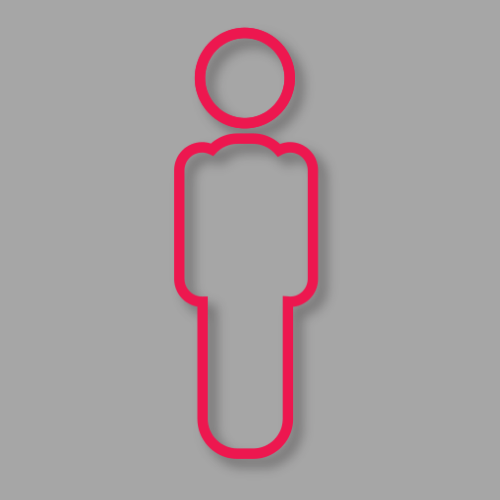When it comes to writing a resume, most of us focus heavily on our work experience—what roles we’ve held, what tasks we’ve performed, and the results we’ve achieved. While those things are undeniably important, there’s one key area that often gets overlooked: your personal attributes.
As someone who has reviewed thousands of resumes throughout my career as a recruiter, I can confidently say this—very few people take the time to highlight the unique qualities that truly make them stand out. Instead, most stick to common, overused descriptors like:
Attention to detail
Organised
Team player
Great communication skills
While these traits are positive, they’re also generic and expected. They don’t tell me what really makes a candidate unique or how they’ll add value to a team beyond the basics.
Why Personal Attributes Matter
Your personal attributes are what set you apart from someone with a similar career history. They shape how you work, how you interact with others, and how you respond to challenges. These traits give employers a sense of who you are not just what you’ve done.
When employers are choosing between candidates with similar experience, your character, mindset, and approach to work can tip the scales in your favour. That’s why it’s worth putting thought into the qualities you bring to a role.
How to Identify Your Unique Attributes
Before you begin writing or updating your resume, take some time to reflect. Consider these questions:
1. What comes naturally to you?
Think about the parts of your job you enjoy the most or the things you do with ease. These are often indicators of your natural strengths.
2. Ask others for input
Colleagues, managers, or even friends can offer valuable insight. Ask them:
“What do you think I do really well?” or “What value do I bring to a team?”
3. Take a personality assessment
Tools like 16Personalities can help you uncover attributes you may not have considered. Use the results to inform how you describe yourself professionally.
How to Highlight Attributes on Your Resume
Once you’ve identified your unique qualities, integrate them into your resume strategically:
✅ Include them in your summary or professional profile section
✅ Showcase them through examples in your work experience
✅ Use action-oriented language to bring them to life
Example: Creating Team Harmony Through Collaboration
Creating team harmony is a strength I’ve actively demonstrated in the workplace. In a recent role, I helped bring our operations team together by fostering a collaborative environment where everyone’s voice was heard.
We started by setting a shared goal, something the entire team contributed to defining. I facilitated regular check-ins, encouraged open feedback, and ensured every team member felt involved in the process. We tracked our progress together on a whiteboard, which kept everyone engaged and visually reminded us of what we were working toward.
At the end of the month, when we achieved our goal, we celebrated with a team social event, such as dinner out. This simple act of recognition not only reinforced our sense of connection but also motivated us to keep working collaboratively in the months that followed.
Final Thoughts
Your resume should tell the full story of who you are not just your job history. By identifying and highlighting your personal attributes, you’re giving employers a well-rounded view of your potential and showing them what makes you uniquely valuable.
If you’re not sure where to start or want a second opinion, I’m here to help.
Need assistance crafting your resume or identifying your strengths?
👉 Send us a message, I’d be more than happy to support you.


